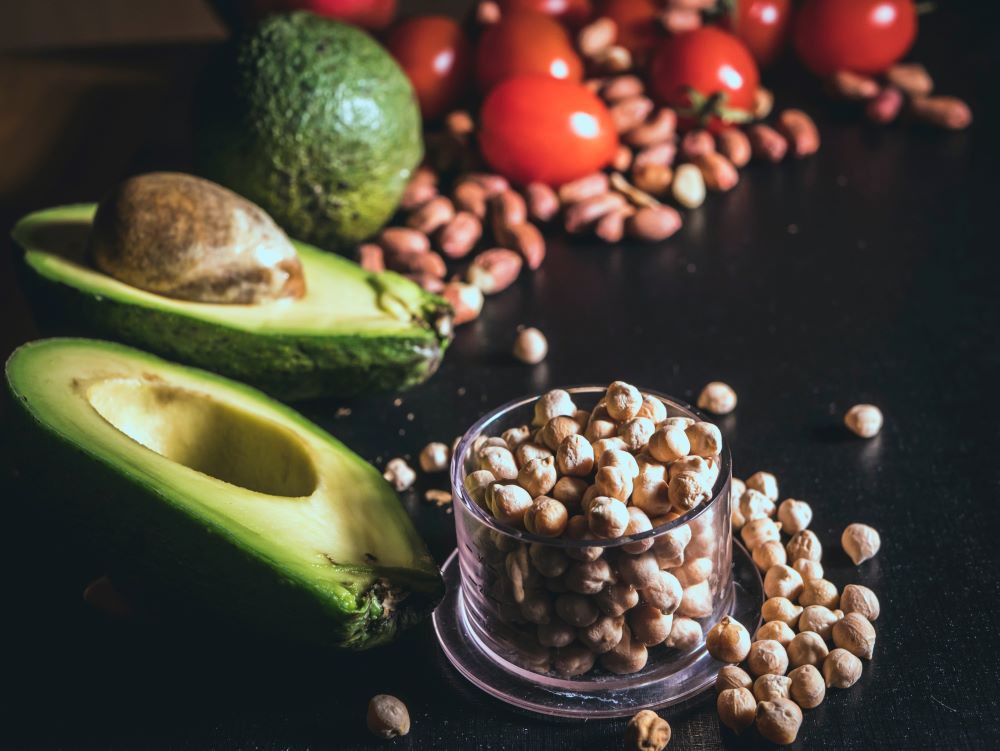Breaking a fast properly is crucial for maintaining the benefits of fasting while avoiding weight gain. So how to break a fast without gaining weight? Whether you are following intermittent fasting or an extended fast, it’s essential to reintroduce food gradually and mindfully. In this article, we will explore effective strategies to break a fast without compromising your weight loss goals.
Understand Your Fast
Before breaking your fast, it’s important to consider the duration and type of fast you’ve been following. A shorter fast, such as intermittent fasting, may require less caution compared to an extended fast lasting multiple days. Assess your individual needs and adapt the following strategies accordingly.
Start with Small Portions
To ease your digestive system back into action, begin by consuming small, easily digestible meals. Opt for nutrient-dense foods like fresh fruits, vegetables, and lean proteins. A good starting point could be a small salad or a piece of fruit.
Hydrate Properly
Proper hydration is crucial during fasting and equally important when breaking the fast. Begin by drinking plenty of water to rehydrate your body. You may also incorporate herbal teas or infused water to add flavor and additional nutrients.
Include Fiber-Rich Foods
Fiber-rich foods promote satiety, regulate digestion, and prevent overeating. Include sources of soluble and insoluble fiber such as whole grains, legumes, fruits, and vegetables in your meals after fasting. These foods will help you feel fuller for longer and minimize the chances of overindulgence.
Incorporate Lean Proteins
Protein plays a vital role in maintaining muscle mass and keeping you satiated. Include lean protein sources like chicken breast, fish, tofu, or legumes in your post-fast meals. Protein-rich foods will aid in muscle recovery and help you feel satisfied while preventing excessive calorie intake.
Opt for Healthy Fats
Including healthy fats in your post-fast meals can provide sustained energy and enhance nutrient absorption. Incorporate foods like avocados, nuts, seeds, and olive oil in moderation. Healthy fats also contribute to satiety, which helps prevent cravings and overeating.
Be Mindful of Carbohydrates
While it’s important to reintroduce carbohydrates, especially complex carbohydrates, proceed with moderation. Choose whole grains, quinoa, sweet potatoes, and other unprocessed sources of carbohydrates to avoid sudden spikes in blood sugar levels. Balancing your carbohydrate intake will help control cravings and prevent weight gain.
Avoid Processed Foods and Sugary Drinks
Processed foods, sugary snacks, and beverages can disrupt your efforts to break a fast without gaining weight. These high-calorie, nutrient-poor options can lead to overeating and energy crashes. Instead, opt for whole, unprocessed foods that nourish your body.
Listen to Your Body
Every individual is unique, and it’s crucial to pay attention to your body’s signals when breaking a fast. Take note of how certain foods make you feel and adjust your choices accordingly. Remember to eat slowly, savor your meals, and stop when you feel satisfied rather than full.
Gradually Increase Meal Sizes
As your body adjusts to regular eating again, gradually increase the size of your meals over several days. This gradual transition helps prevent overeating and allows your digestive system to adapt to the change effectively.
Breaking a fast without gaining weight requires a mindful and gradual approach. By starting with small portions, incorporating nutrient-dense foods, and paying attention to your body’s signals, you can successfully transition back to regular eating while minimizing weight gain. Remember that everyone’s body is unique, so it’s essential to find an approach that works best for you. Happy fasting and breaking the fast!
